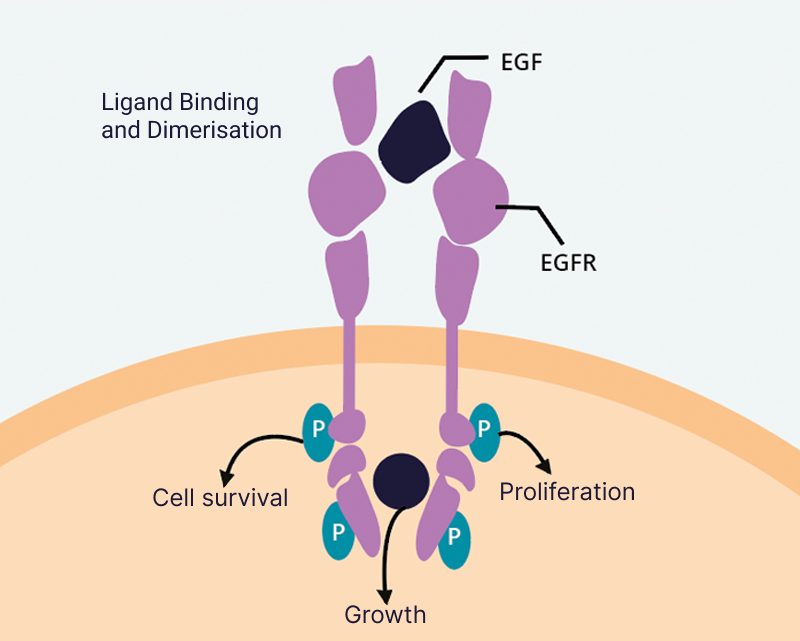Lung cancer is the leading cause of cancer-related deaths worldwide, accounting for the highest mortality rates among both men and women. It is a highly heterogeneous disease with numerous subtypes that are broadly classified into:
- Small-cell lung cancer (SCLC), accounting for 15% of lung cancers
- Non-small cell lung cancer (NSCLC), accounting for 85% of lung cancers, which in turn, consists of three main subtypes:
- Lung adenocarcinoma
- Lung squamous cell carcinoma
- Large cell lung carcinoma
Despite treatment advances including targeted therapies and immunotherapies, the 5-year survival of patients with advanced disease is still below 20%1. Lung cancer models that more accurately reflect tumour heterogeneity, disease progression and mimic patient responses, are needed to aid effective cancer research and therapy development.
At CancerTools.org, we have curated an extensive collection of lung cancer research tools, deposited by scientists from academic universities and leading cancer centres over 40 years. This includes a diverse array of:
- Well characterised lung cancer cell lines for improved disease modelling and preclinical drug screening
- Complex in vitro patient-derived organoid (PDO) and in vivo patient derived xenograft (PDX) to enhance preclinical drug discovery
- Widely used antibodies to study tumour immunology and signalling.










